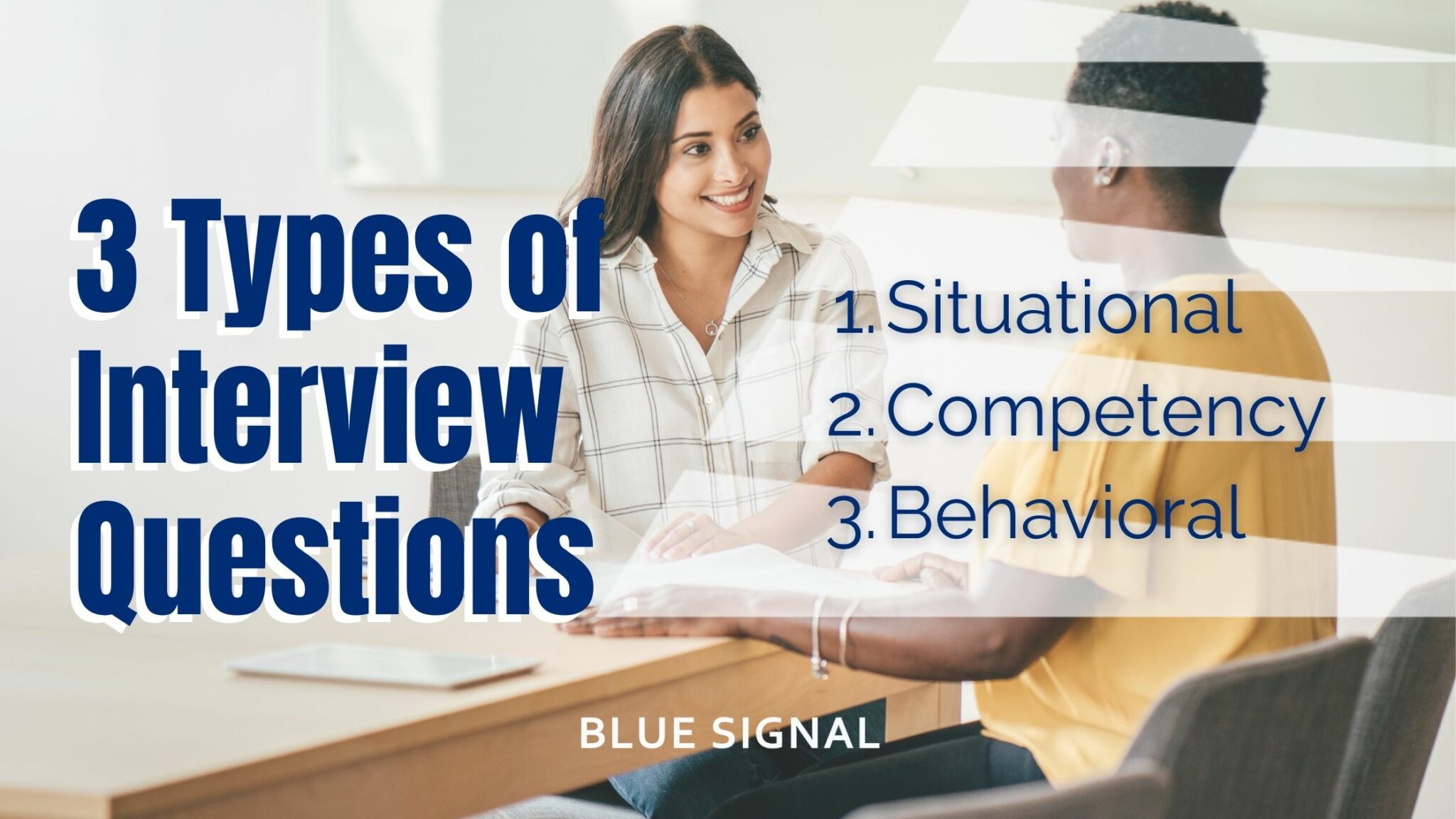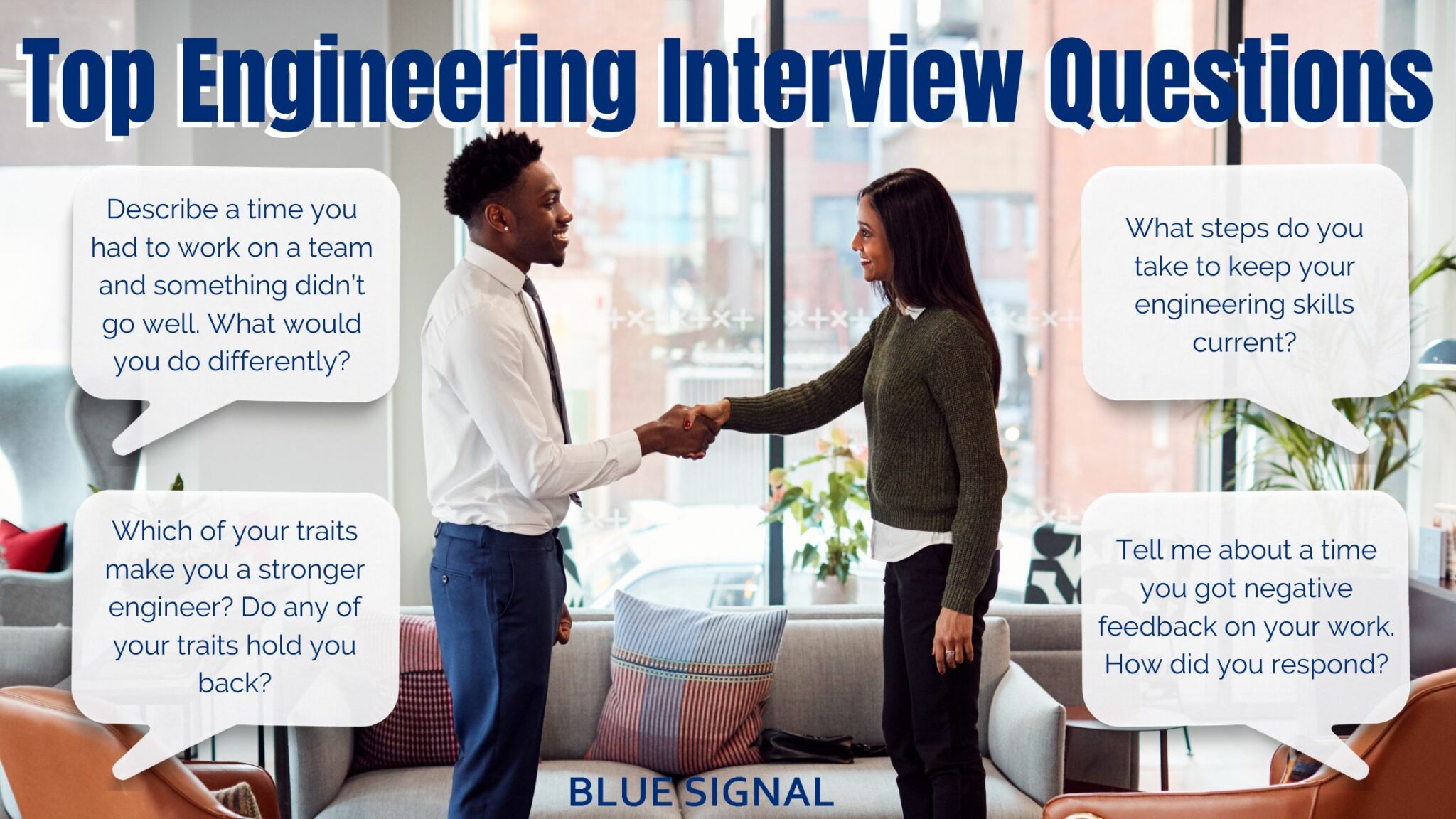In a recent interview Tim Ryan (U.S. Chairman, PwC) stated “The war for talent is over. Talent won.”; in addition, The US economy added a whopping 517,000 jobs in January. So where does that leave your executive hiring process and strategies? With countless options available to job seekers—from associates to executives—companies must provide a positive candidate experience to attract and retain quality employees.

When a candidate applies for a job, they are not just looking to join your organization; they are also forming an opinion of your company. In fact, according to CareerBuilder, 78% of candidates consider their hiring process experience as a reflection of how their potential employer values its people. Unfortunately, most companies often leave out key steps that demonstrate respect for candidates or fail to communicate in a timely manner throughout the executive hiring process. As experts in the executive hiring process, Blue Signal understands why it is important to create a positive and effective experience that speaks well of your company.
The Candidate Experience is Everything
Your executive hiring process is a direct reflection of your organizational values and culture. If you have an efficient and organized hiring process, you demonstrate respect for potential employees’ time and are more likely to attract high-quality talent. On the other hand, if the process drags on for months with no response or feedback from your company, it sends a message that you don’t value employees or customers enough to invest in them. Make sure your executive hiring process aligns with these expectations. For instance, if you promise quick response times and fail to deliver on those promises, it can damage your reputation as an employer.
Communication is Key
One of the most common mistakes made in the executive hiring process is lack of communication with prospective employees. In the two (or more) months following their application, 52% of applicants received no communication regarding the position. Candidates should be kept up to date on the status of their application throughout the entire hiring process—from initial contact through the final decision.

Be Responsive, Transparent, and Honest
Transparent communication begins as soon as the job description is written. Candidates are more likely to apply for a position when they understand expectations. This means that your company culture, expectations for performance, and—ideally—compensation need to be clearly communicated in your job descriptions. After applying, candidates should never feel like they are ignored during the executive hiring process. They should always know if there are delays or changes in the process and be notified promptly if so. When it comes to giving feedback about job postings or applications, honesty is always the best policy. Providing constructive, yet transparent, feedback helps build trust between your company and those seeking employment with you. This can go a long way towards improving your company’s reputation and executive hiring process.
The Power of Word-of-Mouth Referrals
According to one survey, 72% of candidates said that they would be more likely to choose an employer based on word-of-mouth feedback from a friend or family member who had already worked there. This means that if you treat candidates poorly throughout the hiring process, those experiences will be shared with others and could significantly damage your reputation as an employer. Alternatively, candidates who have a positive experience are more likely to refer others to your organization, and they may even be more likely to accept a job offer if one is extended. Like any other company, word-of-mouth referrals are crucial to Blue Signal’s success. It may even be a good idea to take a page from our playbook and create a place online for client testimonials or employee testimonials to boost your company’s branding, and provide more information for job seekers when researching your company.
Making Your Executive Hiring Process More Efficient
It’s not just about providing a better experience — having an efficient executive hiring process can also reduce costs and improve time-to-hire metrics for your organization. The application process should be easy for candidates to follow and understand—not just for them, but also for recruiters managing multiple applications at once. The more streamlined and user-friendly your application process is, the more likely candidates will be to complete it, causing less frustration for hiring managers.
If possible, consider implementing electronic forms that can be filled out digitally and submitted quickly with minimal effort on both sides. Investing in automation tools like applicant tracking systems (ATS) can help streamline processes while simultaneously improving the overall user experience for applicants – resulting in greater efficiency and cost savings for your company over time. An ATS can help you keep track of candidates, manage job postings, and automate some of the administrative tasks of the executive hiring process.

Curious what to avoid throughout the executive hiring process? Check out our previous blog on common mistakes companies make during the interview portion of the hiring process here.
Improving Your Employer Branding
Employers should always think about how their brand is being represented during the executive hiring process — from job postings through employee onboarding — and strive to create an authentic connection between prospective employees and their organization. It’s also important to keep in mind that today's job seekers are well-informed about companies before they even apply. Before applying for jobs, 75% of applicants will review the company's reputation. They will research how quickly you respond to applications, how often people in your organization are promoted, what kind of benefits you offer, etc. Therefore, it is crucial to generate engaging content that shines a spotlight on the benefits of your company, so job seekers experience a positive interaction even before applying.

Additionally, you can use feedback surveys after interviews or onboarding new hires, so that candidates can leave constructive feedback about their experiences throughout the hiring process. This can provide valuable insights into where improvement is needed in terms of communication or other aspects of the hiring process. These surveys will provide critical information to influence the improvement of your executive hiring process.
Your executive hiring process says a lot about your company culture and values—so make sure it reflects those things in a positive light! Investing time into creating an efficient and respectful hiring process will ensure that your company stands out from others when it comes to recruiting top talent.
Automation tools and employer branding can help streamline processes while simultaneously improving the overall user experience for applicants, as well as help build relationships with potential hires before they even apply. By taking these steps you'll be ensuring that everyone involved in the executive hiring process has an enjoyable experience.







